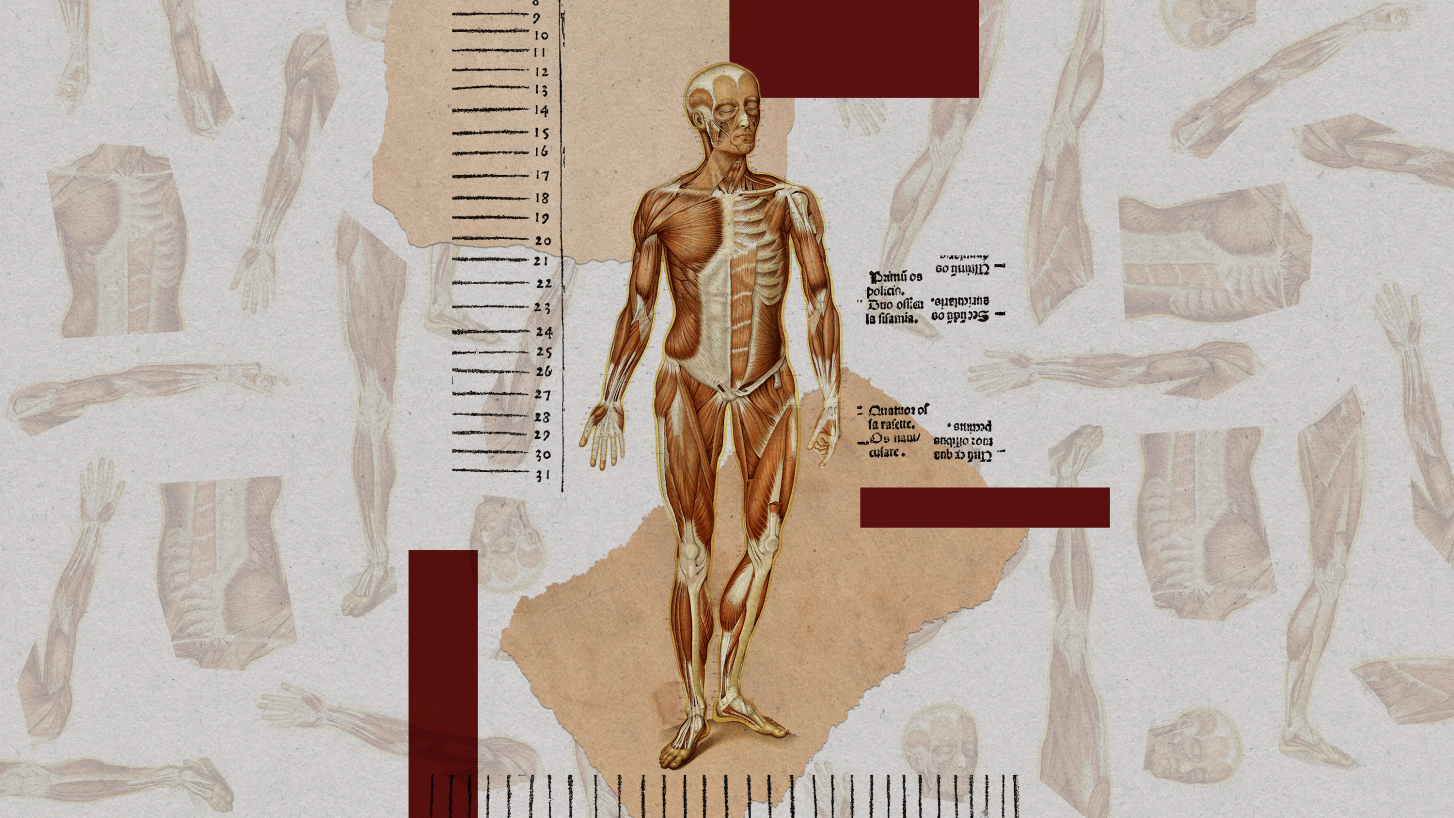The Download: how doctors fight conspiracy theories, and your AI footprint

This is today’s edition of The Download, our weekday newsletter that provides a daily dose of what’s going on in the world of technology.
How conspiracy theories infiltrated the doctor’s office
As anyone who has googled their symptoms and convinced themselves that they’ve got a brain tumor will attest, the internet makes it very easy to self-(mis)diagnose your health problems. And although social media and other digital forums can be a lifeline for some people looking for a diagnosis or community, when that information is wrong, it can put their well-being and even lives in danger.
We spoke to a number of health-care professionals who told us how this modern impulse to “do your own research” is changing their profession. Read the full story.
—Rhiannon Williams
This story is part of MIT Technology Review’s series “The New Conspiracy Age,” on how the present boom in conspiracy theories is reshaping science and technology.
Stop worrying about your AI footprint. Look at the big picture instead.
—Casey Crownhart
As a climate technology reporter, I’m often asked by people whether they should be using AI, given how awful it is for the environment. Generally, I tell them not to worry—let a chatbot plan your vacation, suggest recipe ideas, or write you a poem if you want.
That response might surprise some. I promise I’m not living under a rock, and I have seen all the concerning projections about how much electricity AI is using. But I feel strongly about not putting the onus on individuals. Here’s why.
This article is from The Spark, MIT Technology Review’s weekly climate newsletter. To receive it in your inbox every Wednesday, sign up here.
A new ion-based quantum computer makes error correction simpler
A company called Quantinuum has just unveiled Helios, its third-generation quantum computer, which includes expanded computing power and error correction capability.
Like all other existing quantum computers, Helios is not powerful enough to execute the industry’s dream money-making algorithms, such as those that would be useful for materials discovery or financial modeling.
But Quantinuum’s machines, which use individual ions as qubits, could be easier to scale up than quantum computers that use superconducting circuits as qubits, such as Google’s and IBM’s. Read the full story.
—Sophia Chen
The must-reads
I’ve combed the internet to find you today’s most fun/important/scary/fascinating stories about technology.
1 A new California law could change how all Americans browse online
It gives web users the chance to opt out of having their personal information sold or shared. (The Markup)
2 The FDA has fast-tracked a pill to treat pancreatic cancer
The experimental drug appears promising, but experts worry corners may be cut. (WP $)
+ Demand for AstraZeneca’s cancer and diabetes drugs is pushing profits up. (Bloomberg $)
+ A new cancer treatment kills cells using localized heat. (Wired $)
3 AI pioneers claim it is already superior to humans in many tasks
But not all tasks are created equal. (FT $)
+ Are we all wandering into an AGI trap? (Vox)
+ How AGI became the most consequential conspiracy theory of our time. (MIT Technology Review)
4 IBM is planning on cutting thousands of jobs
It’s shifting its focus to software and AI consulting, apparently. (Bloomberg $)
+ It’s keen to grow the number of its customers seeking AI advice. (NYT $)
5 Big Tech’s data centers aren’t the job-generators we were promised
The jobs they do create are largely in security and cleaning. (Rest of World)
+ We did the math on AI’s energy footprint. Here’s the story you haven’t heard. (MIT Technology Review)
6 Microsoft let AI shopping agents loose in a fake marketplace
They were easily manipulated into buying goods, it found. (TechCrunch)
+ When AIs bargain, a less advanced agent could cost you. (MIT Technology Review)
7 Sony has compiled a dataset to test the fairness of computer vision models
And it’s confident it’s been compiled in a fair and ethical way. (The Register)
+ These new tools could make AI vision systems less biased. (MIT Technology Review)
8 The social network is no more
We’re living in an age of anti-social media. (The Atlantic $)
+ Scam ads are rife across platforms, but these former Meta workers have a plan. (Wired $)
+ The ultimate online flex? Having no followers. (New Yorker $)
9 Vibe coding is Collins dictionary’s word of 2025 
Beating stiff competition from “clanker.” (The Guardian)
+ What is vibe coding, exactly? (MIT Technology Review)
10 These people found romance with their chatbot companions
The AI may not be real, but the humans’ feelings certainly are. (NYT $)
+ It’s surprisingly easy to stumble into a relationship with an AI chatbot. (MIT Technology Review)
Quote of the day
“The opportunistic side of me is realizing that your average accountant won’t be doing this.”
—Sal Abdulla, founder of accounting-software startup NixSheets, tells the Wall Street Journal he’s using AI tools to gain an edge on his competitors.
One more thing

Ethically sourced “spare” human bodies could revolutionize medicine
Many challenges in medicine stem, in large part, from a common root cause: a severe shortage of ethically-sourced human bodies.
There might be a way to get out of this moral and scientific deadlock. Recent advances in biotechnology now provide a pathway to producing living human bodies without the neural components that allow us to think, be aware, or feel pain.
Many will find this possibility disturbing, but if researchers and policymakers can find a way to pull these technologies together, we may one day be able to create “spare” bodies, both human and nonhuman. Read the full story.
—Carsten T. Charlesworth, Henry T. Greely & Hiromitsu Nakauchi
We can still have nice things
A place for comfort, fun and distraction to brighten up your day. (Got any ideas? Drop me a line or skeet ’em at me.)
+ Make sure to look up so you don’t miss November’s supermoon.
+ If you keep finding yourself mindlessly scrolling (and who doesn’t?), maybe this whopping six-pound phone case could solve your addiction.
+ Life lessons from a 101-year old who has no plans to retire.
+ Are you a fan of movement snacking?

